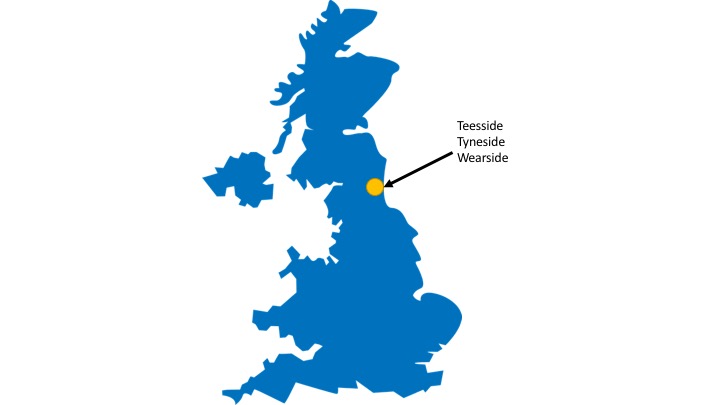About our project
Newcastle Cognitive Function after Stroke Study (COGFAST)
This is a collection of studies that recruited hundreds of people that suffered a stroke from 1999 until 2003. It is based in the North East of England and scientists continue to follow these people even today. The scientists looked at brain function after a stroke.
The aims were to look at what happens to brain function after somebody suffers a stroke. Previous studies have shown that having a stroke increases your chance of developing dementia. We wanted to find out why so that we can provide information to help prevent this happening.
We looked at hospital based stroke lists for older people who had recently had a stroke. These stroke lists came from seven hospitals in Tyneside, Wearside and Teeside. Patients could take part in the study if they were over 75 at the time of their stroke.

They were assessed at 3 months to check that they did not already have dementia and that they had recovered from any delirium after their stroke. Delirium is usually a short term illness that can cause confusion after a stroke. We could not include patients who already had dementia in these studies as we were looking at what caused dementia over the time after a stroke.
Various assessments were carried out on participants in the study. These assessments included a medical history, a paper and pencil test of brain function, blood tests and a brain scan (CT) done at the time of stroke. A CT scan is a detailed picture of the brain.
.jpg)
This picture is of a person having a CT brain scan.
Patients could not take part in the study if they:
- had significant physical illness and disabilities that affected the brain function tests, for example significant eye sight problems, Aphasia, (a condition making it difficult to use language correctly) and hemiparesis (weakness affecting the hand used for writing).
- had a diagnosis of dementia
- were under the age of 75
- did not want to take part in the study
Following General practitioner approval and discussion of the study, 355 of the original 706 stroke patients were able to take part in the Newcastle Cognitive Function after Stroke study. (COGFAST)
Why are these studies useful? These studies have shown that there are factors that can increase our risk of developing dementia. There are actions we can take to lower our risk which will be discussed on this website. Scientists can also use the results from these studies to devise treatments to help people who have had a stroke.
We have summarised some of the COGFAST studies for you to read and find out what you can do to prevent dementia. If you would like to read them please click here or scroll up and click on tab 'Research for the public'.